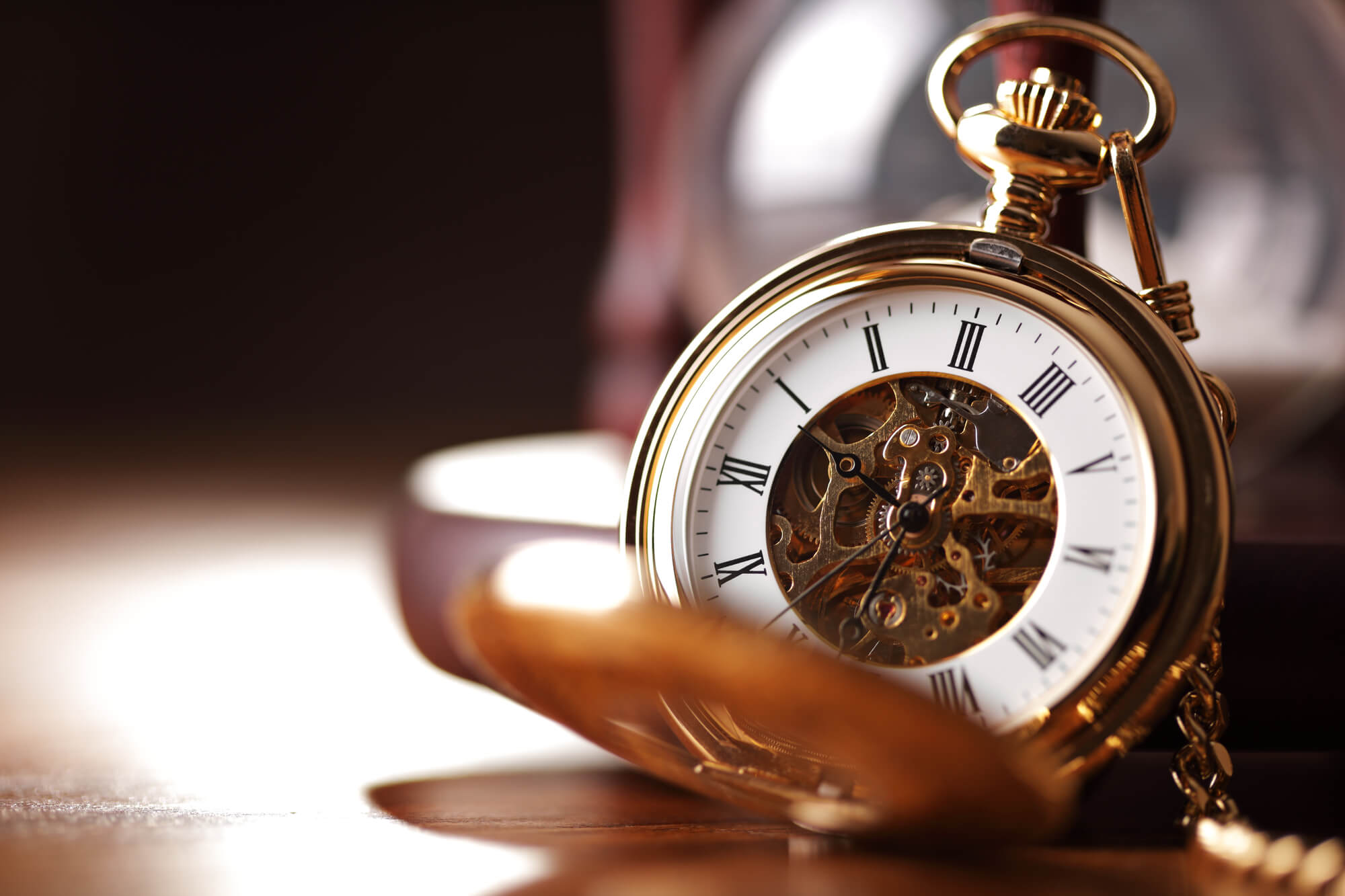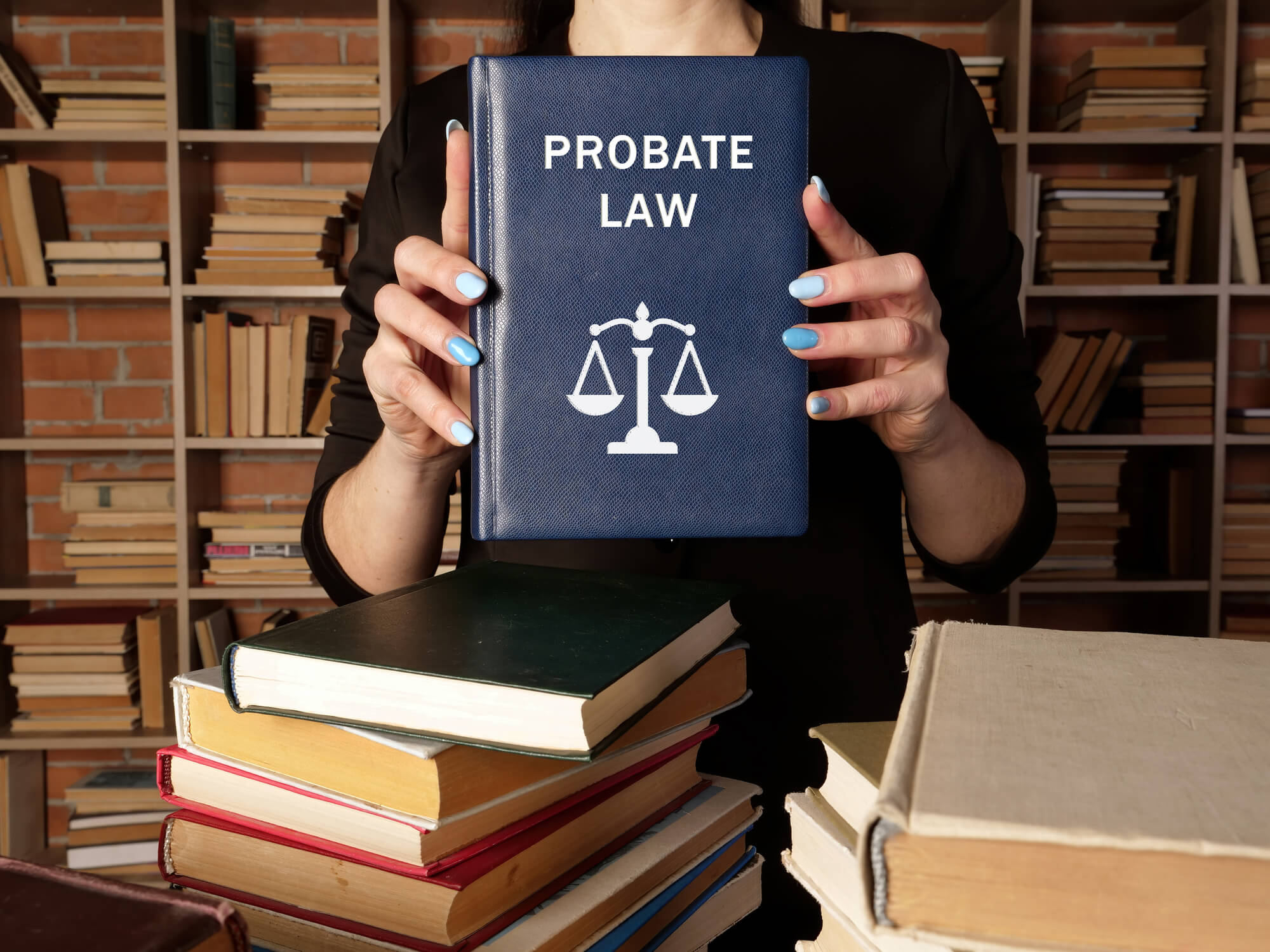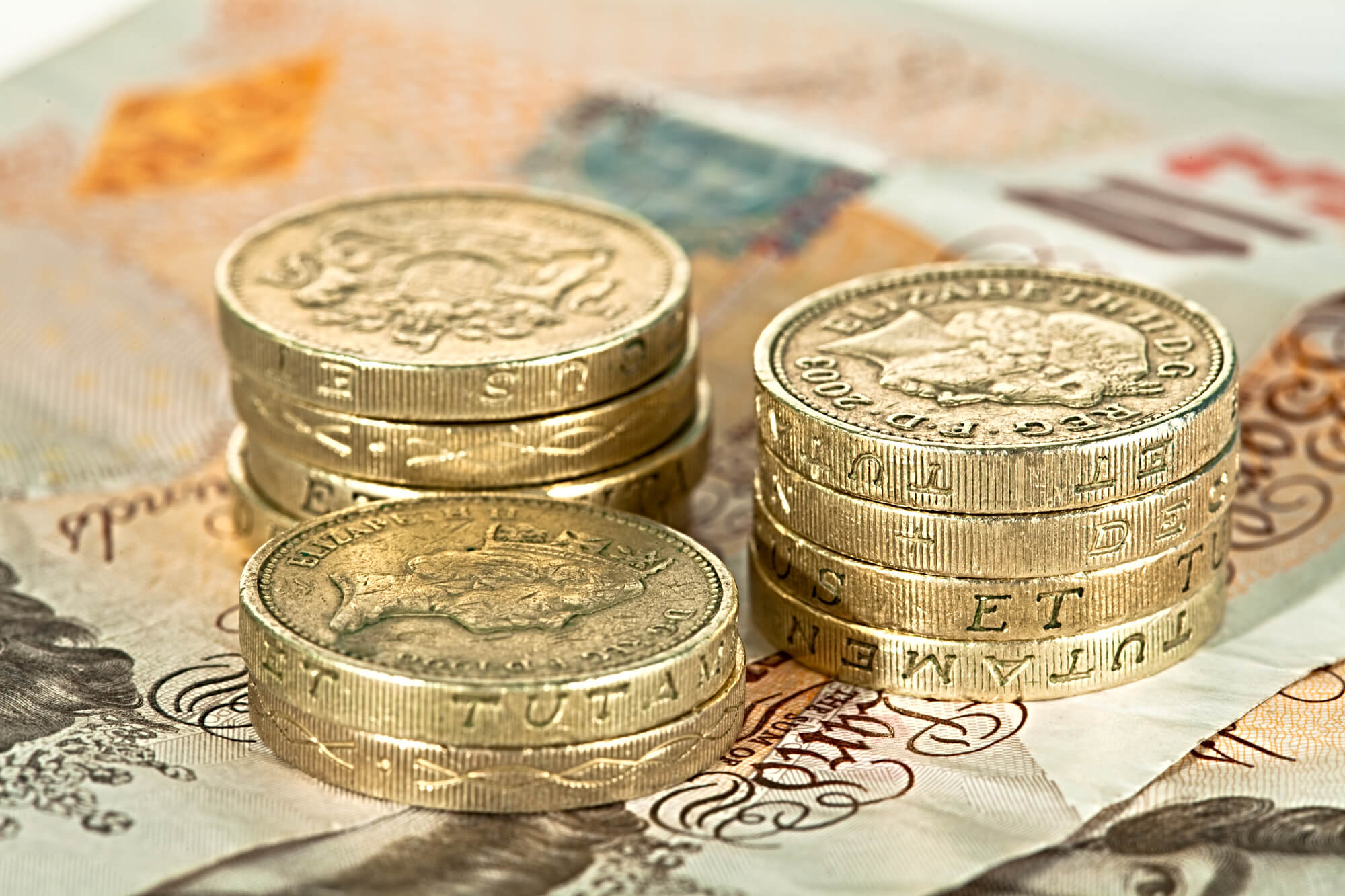Chattels and house contents rarely make up a significant proportion of the value of an estate. However, they will often pose the greatest practical issues for an executor and can be subject to competing claims. For this reason, a prudent executor will want a clearly itemised and properly valued inventory.

Probate valuation must be based on the open market value at the time of death, as set out in section 160 of the Inheritance Tax Act of 1984. Any valuation which does not explicitly state the correct basis will be viewed with suspicion. Phrases such as “for probate purposes” will not give HMRC confidence that the valuer understands the legal requirements.
Consequently, an independent probate valuation service can offer expert assessment of how much house contents and chattels are worth, in a way which is fair to all parties.
Avoiding delay

A typical estate will contain a substantial number of items, all of which must be taken into account when providing a valuation for probate purposes. Someone approaching the task for the first time might have to look up hundreds of individual items to identify the few of value. In contrast, an experienced valuer will easily be able to make a correct assessment for standard items and concentrate on the unusual or valuable items.
There are other clear advantages to an independent approach in terms of risks of delay, particularly when a local tax assessor is unhappy with a chattel valuation. In these instances, the valuation will be referred to the HMRC Shares and Asset Valuation team (SAV), which typically results in a delay of between four and ten months.Where the correct basis for valuation is applied, the risk of an additional referral will be very low.
Impartial valuation
Despite generally being only a small proportion of the value of an estate, chattels are often the cause of disputes between legatees, often including the executor. Having an independent and professional valuation is one sure way of demonstrating impartiality.
Where an executor undertakes the role of valuer, there is obviously a potential conflict of interests, particularly in cases where the estate is over the inheritance tax threshold.
Valuing on the correct basis

Everyone will be aware that trade and retail values are different, but the value for probate must be based on the open market value at the time of death. All probate valuations must be shown to be on this basis, and a common form of difficulty is the use of vague terms such as “probate values” or “fair value”, which do not give tax assessors any confidence that the valuer has understood their duty.
For art and antiques valuation, past auction results are the main resource used to assess open market value. The great advantage here is that very large databases of completed sales are available, allowing close comparisons to be found for most items. Attempting to value antiques without access to subscription databases is a difficult task, with the likely outcome being a mixture of retail and wholesale prices.
For clients, there is also the considerable advantage in that prices for much of the antique furniture likely to be found in the average house are currently severely depressed at auction, so that a professional valuation may well be substantially lower than the valuation the executor would have entered by themselves.
Overpayment

Following on from the above, an amateur valuer may well err towards overvaluation and find themselves paying too much tax as a result. This can be for several reasons. Most people have objects which have been highly valued in the family, but this does not lead to a high open market value.
This is what economists call “the endowment effect”, whereby one’s own property seems more valuable to an individual purely by virtue of emotional attachment. Another reason is simply an ignorance of how low many standard household contents are valued in the secondary market. This is as true of antique furniture as it is of electrical goods.
Disparity between the value of a house and its contents
The official guidance on probate valuation states that items over £500 should be individually listed. This can lead to a misunderstanding that items under this limit are of less importance, whereas the SAV stress that all goods are taxable. Generally, cheaper goods will be lotted together at auction (often at low estimates), and the same approach can be used on a valuation form to achieve a fair price, which still takes account of all the contents.
Sometimes a very expensive house will not have contents to match. Actually this is not uncommon, but when a tax assessor makes risk assessment of a probate valuation, the overall value of the estate will be an obvious yardstick. In these situations an independent valuation will be advisable.











